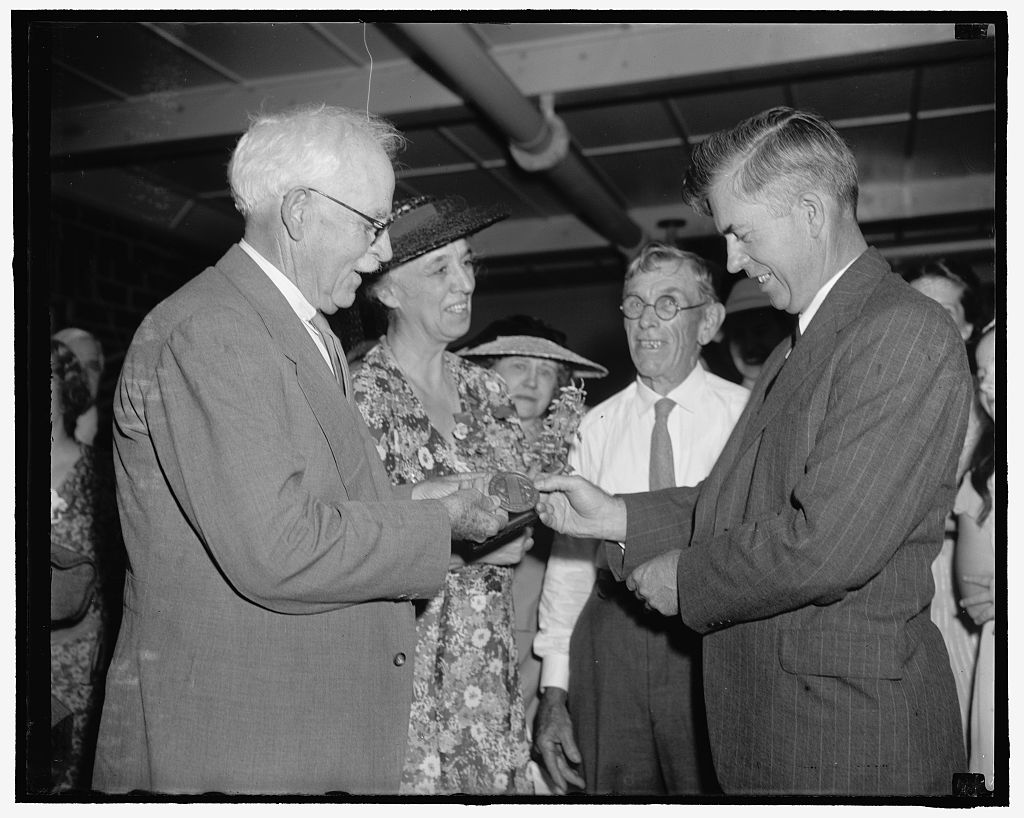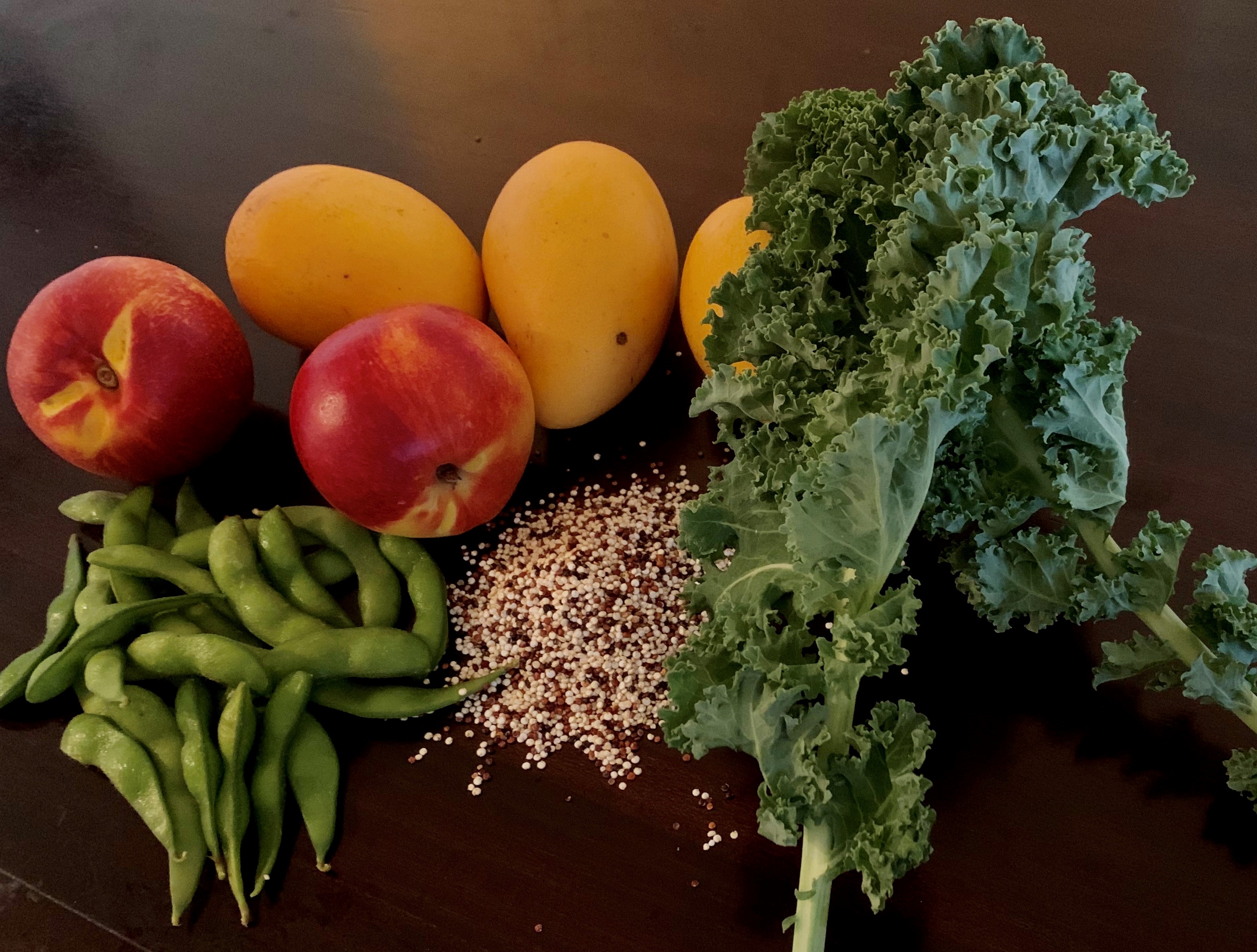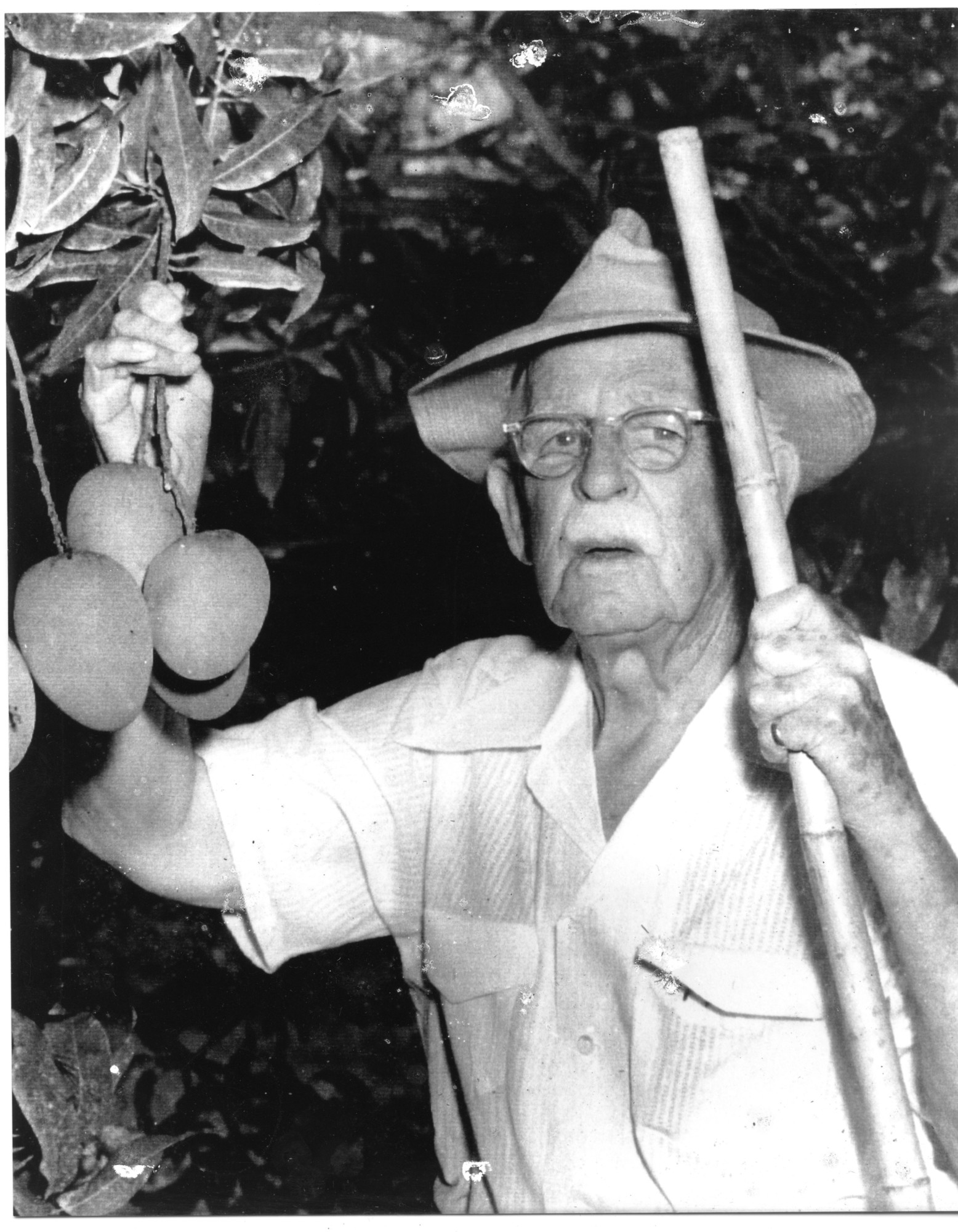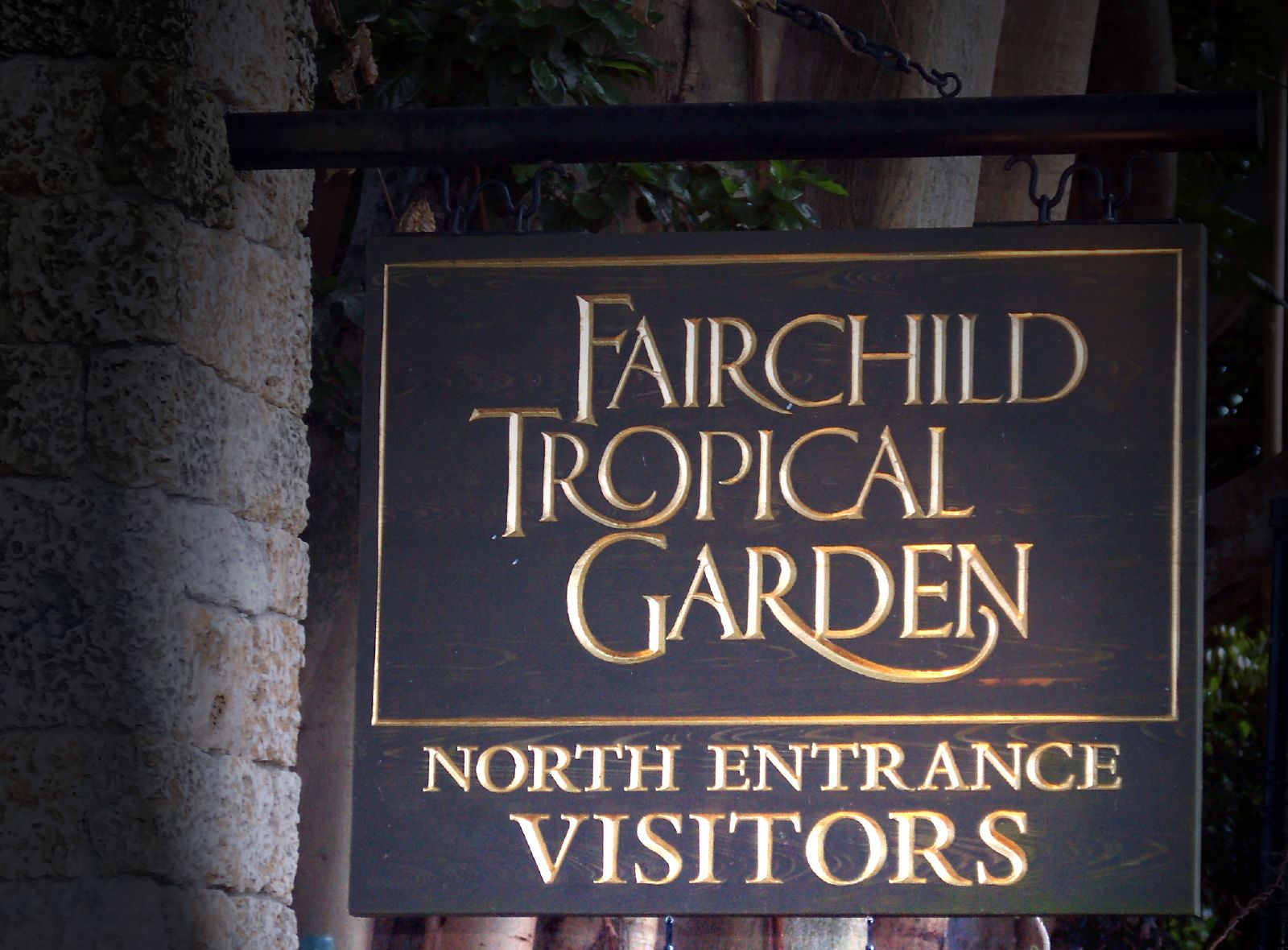Back
Header: (Pomological Watercolor Collection)
Impact
"Gazing through the mists of sixty-odd years, I realize that I both had the suitable heredity and was born into an environment adapted to the development of a naturalist or horticulturalist. In other words, my path was almost predestined at birth. I do not believe that I consciously chose its direction, but rather wandered down its attracted way unconscious where I was going."
~David Fairchild (The World World Was My Garden, 19)
During the Great Depression, an attitude of isolationism spread across America; the Section of Plant and Seed found itself without the support in Washington it once had.
“[T]he office of plant introduction stopped publishing Plant Immigrants, the bulletin that informed farmers about new plants available for experiment. The demise of the bulletin, supposedly to save money, crushed Fairchild. He had written most of its articles himself and had lovingly overseen almost every one of its 219 issues.”
(Harris, Fruits of Eden, 245)
David Fairchild retired from the USDA on June 30, 1935. By then, his office had introduced 111,857 varieties and species of plants to the United States, among them, mangos, dates, quinoa, avocados, citrus, and mangosteens. Some caught on and others did not, and maybe some have yet to have their day. Though the Section of Seed and Plant Introduction did not go out with the same fanfare it came in with, it left a lasting impact on the agricultural industry and the kitchens of America. Perhaps one day, mangosteens will be America’s favorite fruit, just as they were David Fairchild’s.
Legacy
“The garden of your dreams has been not merely a pretty thing; it is woven into the very fabric of our lives. Barbour Lathrop’s dream and yours and that of the host of friends who have helped you on your way—that dream of taking what is good in the plants of all the earth to make our country better—this has grown as so many of your plants have grown.”
~Henry Wallace, Secretary of Agriculture (As quoted in: Harris, Fruits of Eden, 248)
"Fairchild’s life is the story of America’s blooming relationship with the world at the turn of the twentieth century. He visited more than fifty countries, almost all by boat, before airplanes and automobiles shrank the planet. His passions and interests preceded our modern-day fixation on food and what the economic, biological, and ecological effects are of a meal’s cultivation, transport, and consumption. Fairchild was the embodiment of boundless hunger and insatiable wanderlust, and his life’s work was a quest to answer, What else is out there?"
(Stone, The Food Explorer, XV)



